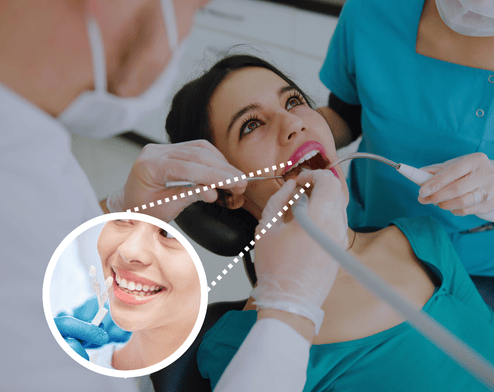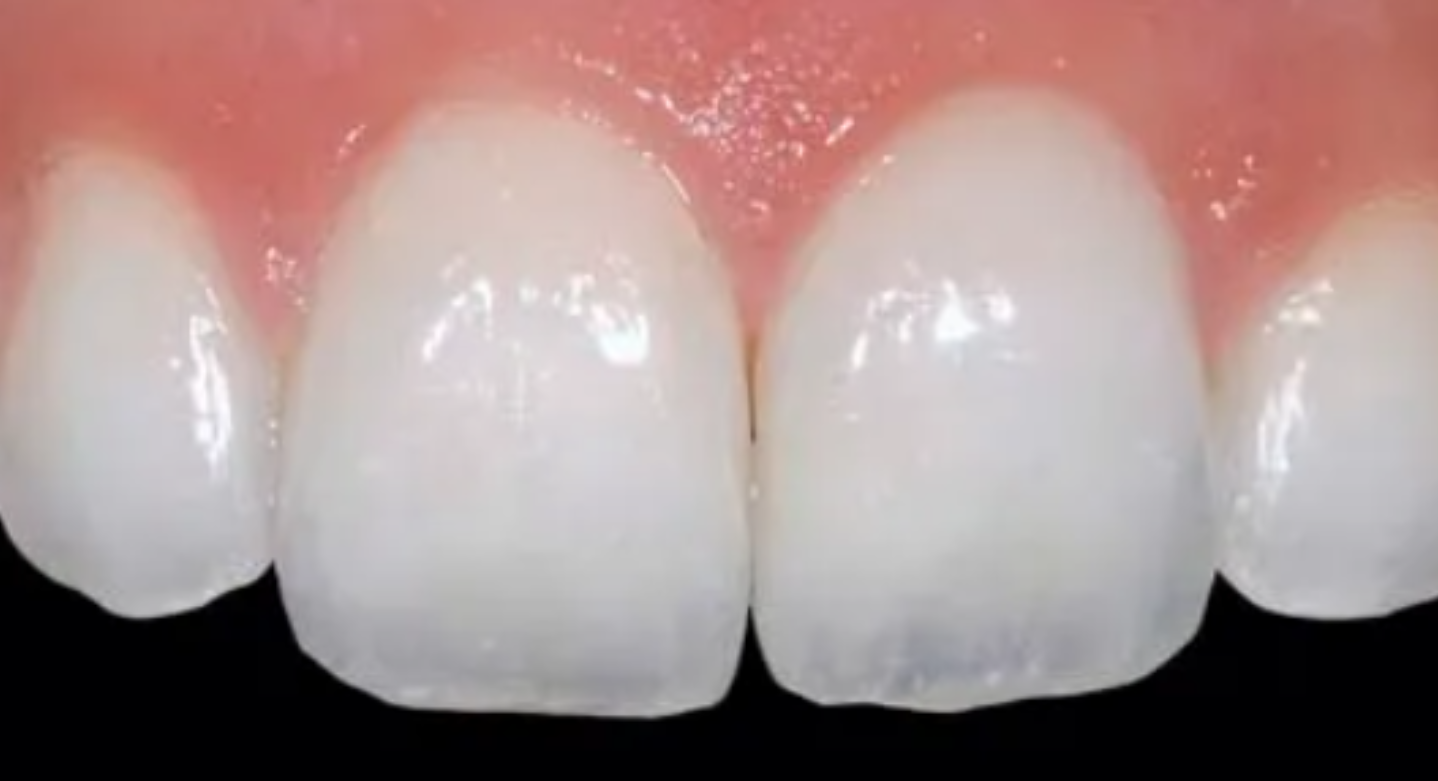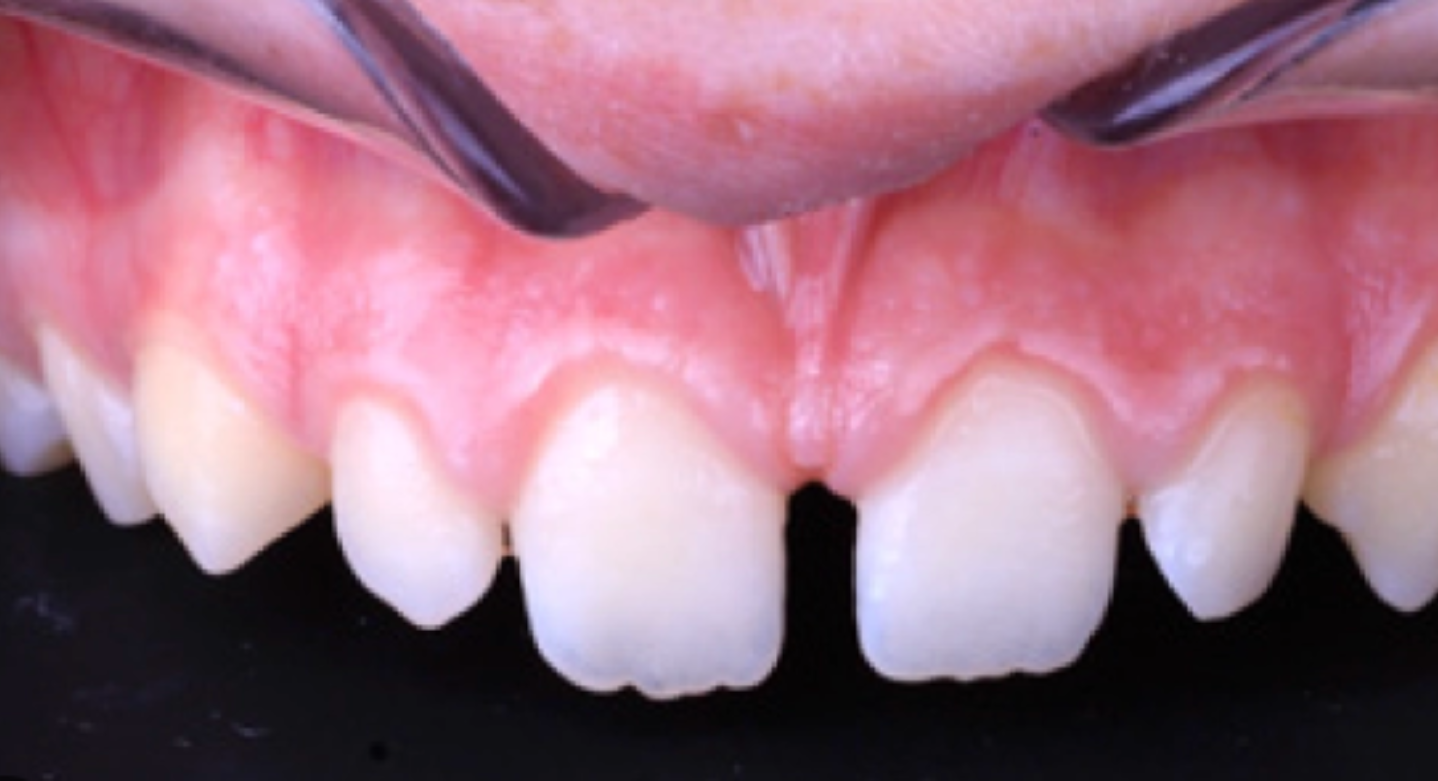Schedule Appointment


Dreaming of a flawless smile? Transform your teeth with veneer teeth at Dr. Gowds Dental Hospital! Whether you’re looking to correct stains, chips, gaps, or slight misalignments., our dental veneers and laminate veneers provide the perfect solution for a radiant, confident smile. Discover the art of a perfect veneer finish today!

Veneer teeth are among the most commonly performed cosmetic dental treatments to perfect your smile. Veneers are thin shells of porcelain or composite resin bonded to the front surface of your teeth to enhance their appearance by getting rid of unsightly discoloration, chips, misalignments, or spaces between your teeth. You can transform your smile in just a few days with veneer sheets or dental laminates. It is used most to correct minor imperfections in the teeth structure to Improve the appearance of your smile.

Here are some reasons you may want to consider veneer teeth as a solution for your dental concerns:
Veneer teeth may be required if you suffer from the following types of dental issues:
If you experience any of these conditions, visiting a Dental Hospital like Dr. Gowds could help you determine whether veneer teeth will suit your needs.




The process of getting veneer teeth usually encompasses the following steps:
Veneer teeth are generally safe. In some patients, however, mild side effects may occur, including:
These side effects are usually temporary, and patients recover quickly.
Here are several advantages of getting veneer teeth:
At Dr. Gowds Dental Hospital, we strive to provide the best dental treatments. Here’s why we are the top choice for veneer teeth treatment:
Let us help you achieve the radiant smile you’ve always wanted with our expert veneer teeth services!
Meet our team of experienced dental specialists who are passionate about delivering the best care for every smile.
Stay informed with tips, insights, and the latest trends in dental care.
Most common question that raised in patients
The main distinction is that veneers are often made from porcelain, whereas laminate veneers are typically created from composite materials. They offer similar aesthetic advantages but differ in durability and price.
Laminate veneers are typically thinner than traditional porcelain veneers and generally require less teeth structure removal. Both are excellent dental solutions with different materials and techniques.
The price of high gloss laminate sheets depends on the material, brand, and complexity of the treatment. Contact our Dental Hospital experts at Dr. Gowds Dental Hospital for an accurate quote.
Visit the nearest branch for easy and quality dental care
Survey no. 59, Plot No: 25, Fantasy Square,
T9/T8, 3rd Floor, 1 & 2 I, Gachibowli, Hyderabad,
Telangana 500032 View Page
Flat No. 402, Above Karachi Bakery Opp .
Pizza Hut, Hi-tech City, Madhapur, Hyderabad,
Telangana 500081 View Page
Opp. Clock Tower, above Rajkamal Book Centre,Sultan Bazar,
Koti, Hyderabad, Telangana 500095
Official Website: View Page
1st floor, Dr. Gowds Dental Hospital, 103,
Narsing Nanakramguda Service Rd,
Puppalguda, Hyderabad,
Telangana 500089
View Page
